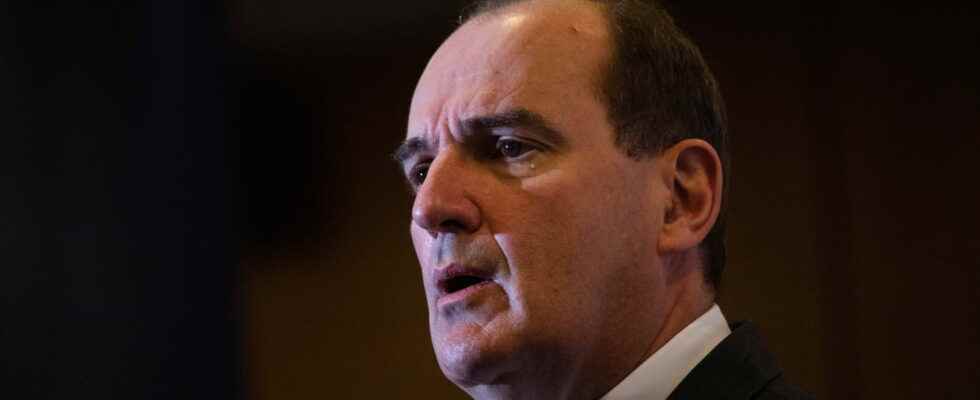RESILIENCE PLAN. Prime Minister Jean Castex is expected to present the economic resilience plan early next week. An extremely targeted aid system for individuals and businesses, faced with soaring energy and raw material prices.
[Mis à jour le 11 mars 2022 à 10h04] The economic and social consequences of the war in Ukraine in France are numerous, whether for businesses or individuals. The French economy is not on the brink of collapse, but certain sectors are already hard hit, and households who have no choice but to take their car to get to their place of work are the first victims of soaring prices at the pump. To try to stem this phenomenon, the Government is working on a “economic resilience plan” for several days now. A project which should be unveiled at the beginning of next week by the Prime Minister, John Castex.
Olivier Dussopt on the consequences of the war in Ukraine: “It is above all indirect consequences (…) We are working to ensure that these consequences can be curbed (…) All options are on the table”#Europe1 pic.twitter.com/5hEabaYoM9
— Europe 1 (@Europe1) March 11, 2022
“We are working to identify the companies most at risk. There are industries that we qualify as intensive gass, that is to say that gas consumption is preponderant in their activity. This translates for them into difficulties of supply and sustainability” declared Olivier DussoptMinister in charge of Public Accounts this Friday, March 11 on the airwaves ofEuropean 1. Before continuing: “We are working in conjunction with the European community, the resilience plan will be presented in a few days. We could also go faster to deploy this resilience plan. If absolutely necessary, it is possible to bring together the Parliament if the economic context were to deteriorate rapidly.”
the economic resilience plan is a device that will be presented by Jean Castex next week, aimed at helping companies and individuals most affected by the consequences of the war in Ukraine on the economy and the social sphere in France.
This economic resilience plan should be very target and sectorized, to support those most affected by the conflict in Ukraine. In particular by acting quickly on the gasoline prices which makes the daily life of millions of French people very complicated. Since the beginning of the month, the liter of diesel has increased on average by 52 cents to reach more than 2 euros per literon average in France.
The economic resilience plan mentioned for several days by the members of government should concern the individuals and the companies with some complementary measures which will be taken on the fuel price. Work on the mileage allowance is notably on the table and should be refined.
Some professions very affected by this increase in fuel like the roadthe liberal nursesthe home helpthe taxi or even the school carriers are also on the front line and should receive targeted support from the executive. For the companies most dependent on gas, described as “gas-intensive” by Olivier Dussoptthe economic resilience plan could also play a key role.
After setting up an inflation bonus of 100 euros for 38 million French people, a new fuel check is in the small papers and could make its appearance as early as next week, during the speech of John Castex as part of the implementation of the economic resilience plan. A new aid that would compensate for the rise in prices at the pump. The liter of diesel exceeds this Friday, March 11, on average, the €2.25 in France.
Surge in wheat prices, rise in sunflower oil prices, explosion in gas prices and increase in the barrel of Brent oil… The war in Ukraine has upset the prices of raw materials in Europe. Supply, for its part, becomes just as unstable and delicate for France. Therefore, the economic resilience plan is eagerly awaited by all of these sectors, and French households who are suffering from the general increase in prices. The government could also act on the extension of state guaranteed loans (PGE).
Even if the Government has still not mentioned it, the use of partial unemployment could make a comeback. In any case, this is what employers are asking for, particularly in energy-consuming companies. Once again, the device of the economic resilience plan will be very targeted, far from what it has cost Emmanuel Macron dearly since the Covid crisis. Only the hardest hit companies could be affected.
